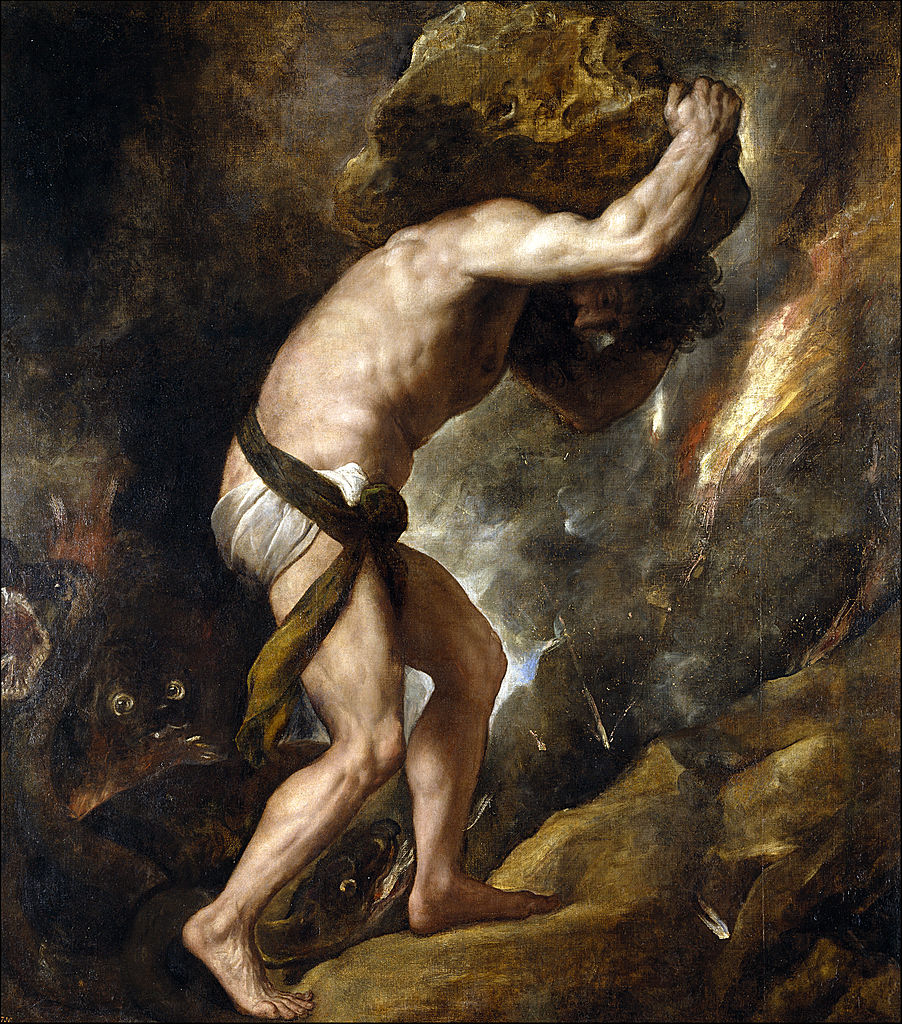Heuristics, as my brilliant and sexy audience may know, are algorithmic rules used by our brains to make quick and dirty decisions. If deep existential philosophizing were the poached eggs and souffle au fromage of thought, heuristics would be the stale Pop-Tart you shove into your big face hole while rushing to an 8 a.m. They allow a faster cognitive processing speed because they don’t consider all of the pesky little complexities of a situation and instead use the presence or absence of one or two major details to make a decision. They are simple rules of thumb, like the 10-second rule for floor food and the bias that thin, attractive people must be automatically superior. Obviously, these guidelines are not necessarily and in, case of the last one, ever true. But they do help our feeble brains make meaning in a world that would otherwise be so overwhelming that we would collapse from sensory overload trying to pick out socks in the morning (which happens for me some days regardless). They are not inherently bad, but they can cause more bad side effects than a 1960s antidepressant. In particular, there is one that I know has impacted my life deeply and that may affect many of my peers: the suffering heuristic.
But I think it is important in all aspects of life, especially our work, that we take time to pause and ask if our behaviors really align with our goals and if our struggle is really getting us where we want to go.
Somewhere in the “delightful” cultural history of work in America, the land of plenty where you can enroll your fetus in the Mason School of Business, and failure is always your own damn fault, we have created a very perverted vision of what it means to be an honest, hard worker. I can’t speak for other countries, but I know that in America we associate pain with hard work and hard work with value, particularly self-worth. This association is, of course, not entirely unfounded. There is a reason that we admire the single mother holding down two jobs or legendary CEOs like Richard Branson or Marissa Mayer who wake up every morning at the ungodly hour of 4 a.m. They struggle and strain for something worthwhile. We have been fed this idea for so long, from bedtime stories of Hercules to the cultural trope of the genius tech startup, that many of us truly believe that hard work is painful, and hard work means you are good. We then make the logic jump that suffering is good. We have run with this association, and many have developed a very problematic heuristic that takes the presence of suffering, exhaustion and sacrifice as an indication that they must be doing the right thing. For example, if I come home after a long day on the verge of collapse, I figure I have given the world all I have, and that should be good enough. I don’t actually stop to ask if the things that I did to wear myself down were what I really should have been or wanted to be doing. I also find myself assuming that if I am spending hours in the architectural nightmare that is Swem, then I deserve an A, even if I spend half of that time checking Facebook. I am falling back on the old suffering heuristic; I am struggling, so I must be doing something right.
Somewhere in the “delightful” cultural history of work in America, the land of plenty where you can enroll your fetus in the Mason School of Business, and failure is always your own damn fault, we have created a very perverted vision of what it means to be an honest, hard worker.
This heuristic isn’t necessarily wrong, but it is an automatic association, so its users are apt to run on autopilot. I generally figure that if I have worked hard, put in my hours and paid homage to our puritanical forefathers, I am therefore a nice, law-abiding member of society who pulls her own weight and should be rewarded accordingly. But what happens when something is painful and also a waste of time? And aren’t there better ways to evaluate the small amount of time that we spend on this planet besides in the minutes spent suffering or the work we produce, like whether you are the type of person who promotes equality or will drive a desperate friend to Cookout at 1 a.m. even though you’re vegan and thus can derive no value from the excursion.
I am not trying to say that all work can be wonderful and free of pain. The idea that suffering is self-selected and that you can find “your one true passion” is a myth that shifts the woes of an impersonal, corrupt meritocracy back to the individual. But I think it is important in all aspects of life, especially our work, that we take time to pause and ask if our behaviors really align with our goals and if our struggle is really getting us where we want to go. In the past, I have found that this heuristic was holding me back from leading a more satisfying life because I was so stuck in the self-justification that suffering offers that I couldn’t see another path. I realized that just because I was miserable didn’t mean I was right, and the old adage of working smarter, not harder, may hold some truth.
Emily Gardner is a Confusion Corner columnist who believes in suffering for your art, but only if it’s your art.

